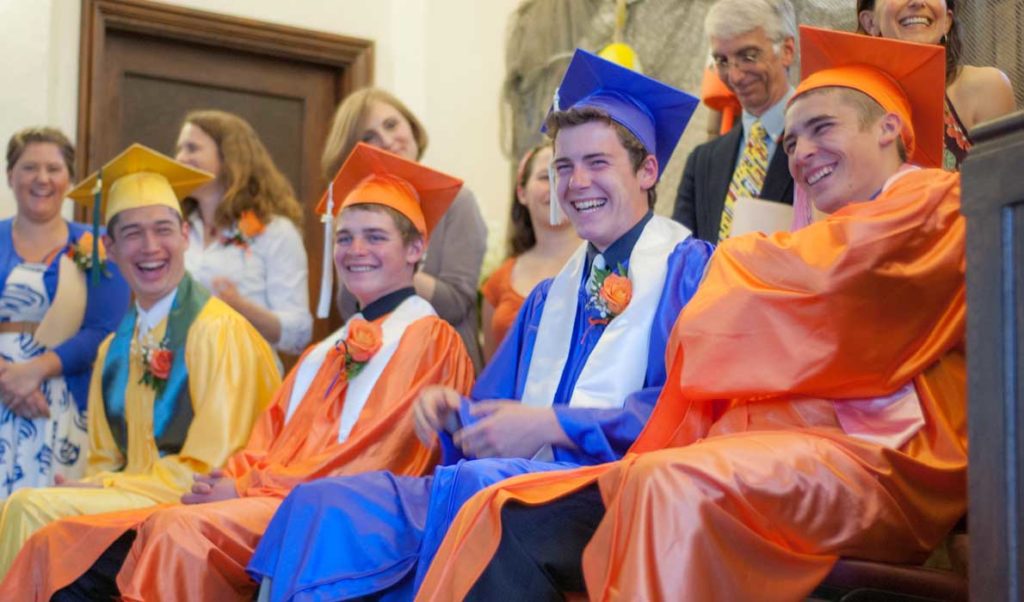As a high school teacher, I spend some time each year talking with students about their next steps. At North Haven Community School, we have a healthy mix in each graduating class of students attending four-year colleges, community colleges or trade schools, entering military service, or choosing to stay on island and work in family businesses or strike out on their own.
Many rural and geographically isolated communities face a problem referred to as the “brain drain,” in which high school graduates leave the community, obtain a degree, and then, finding no opportunities in their hometown, leave for greener pastures. Without qualified applicants in the community, schools and other institutions then need to look to outsiders to fill open positions. High school students in the community, seeing no benefit in their community to obtaining a degree, will either decline to do so, or plan to separate themselves from their hometown, depriving their communities of their expertise.
While some of our alumni find their niche off island, pursuing graduate degrees or finding excellent jobs in their fields, North Haven has what seems like an unusually high number of college graduates returning to the island. Some are able to create their own opportunities. For example, Liz and Ben Lovell, siblings who both attended Bowdoin, have returned home to open the North Haven Brewing Company. But others depend on job openings at the school, community center or other institutions.
Having these educated young people return to North Haven enriches our community in so many ways. They serve on boards, start businesses and many stay on to raise families. They, along with those who choose to stay on-island after high school, add to the necessary and increasingly vibrant diversity of experiences and backgrounds we need for increasing productivity and economic growth on the island.
It’s incumbent upon all of us, then, to be open to hiring these returnees, and to make the island a welcoming place for North Haveners with degrees and a strong pull to home. Jobs that use graduates to their full potential are vital, but so is housing and recreation. The young people who are back on-island are contributing to these resources in spades, and in turns are making the island more attractive to their peers.
There is a sense I hear in conversation that some expect North Haven students who attend college to then stay away. The implication is that a return to a rural home is in some way a step backwards. But success is not exclusive to urban settings. The joy of working in a small community, particularly one with personal significance, is seeing immediate results, whether it’s working together to fundraise for and assemble playground equipment, planning and hosting an event, or connecting with a student.
I’ve now been teaching long enough that some of my students have returned to the island following their adventures elsewhere. I am excited to see how their energy, enthusiasm and expertise will enhance our communities. They are already making their mark as business owners, cooks, actors, teachers, EMTs, farmers, boat builders and mechanics. If we’re lucky, they’ll find ongoing opportunities and decide to stay here to raise children, who will be raised in the belief that on-island, they can find the strength to leave for a while, and that there will be a place for them when they are ready to return.
Courtney Naliboff lives and teaches on North Haven.





